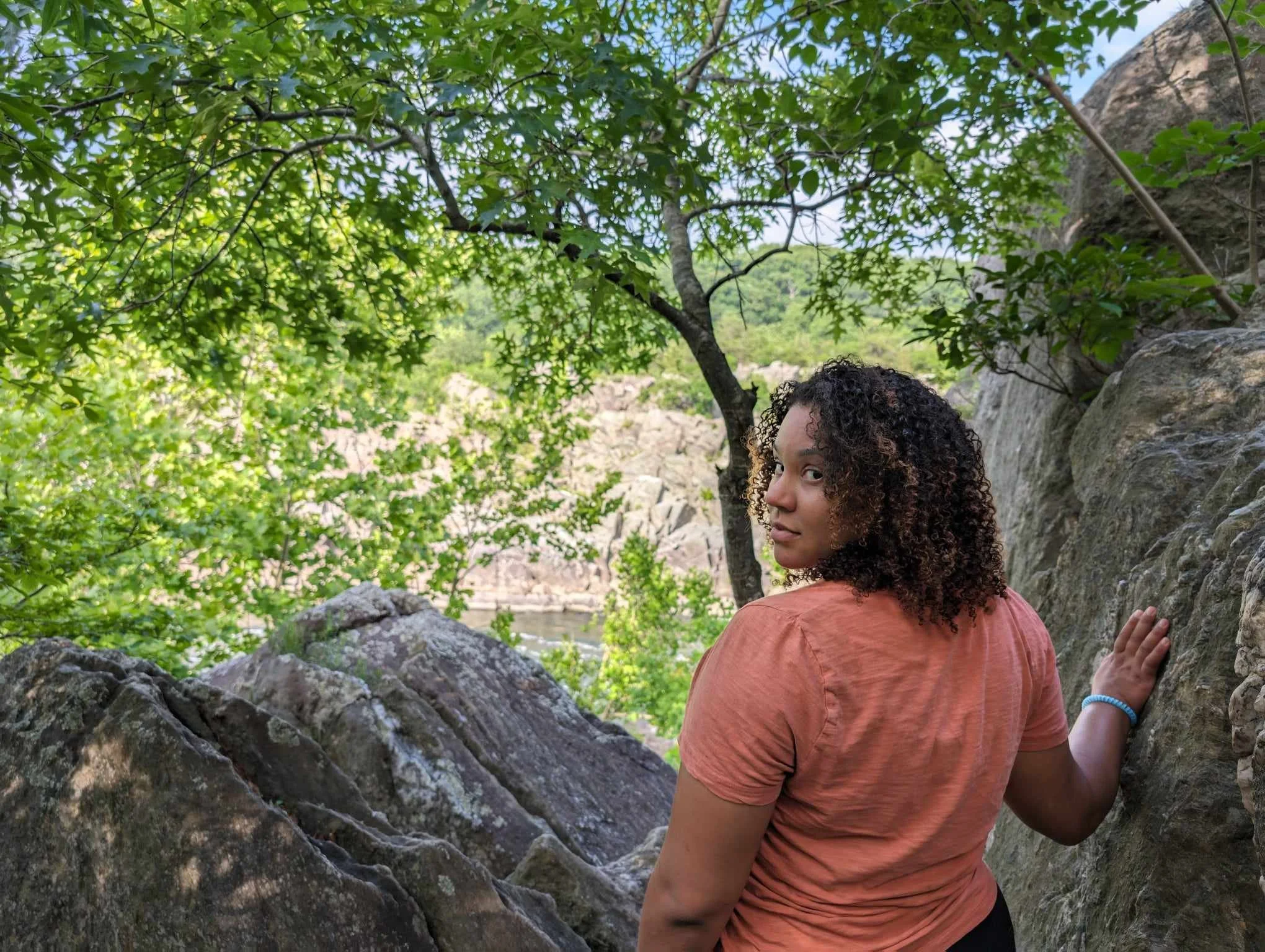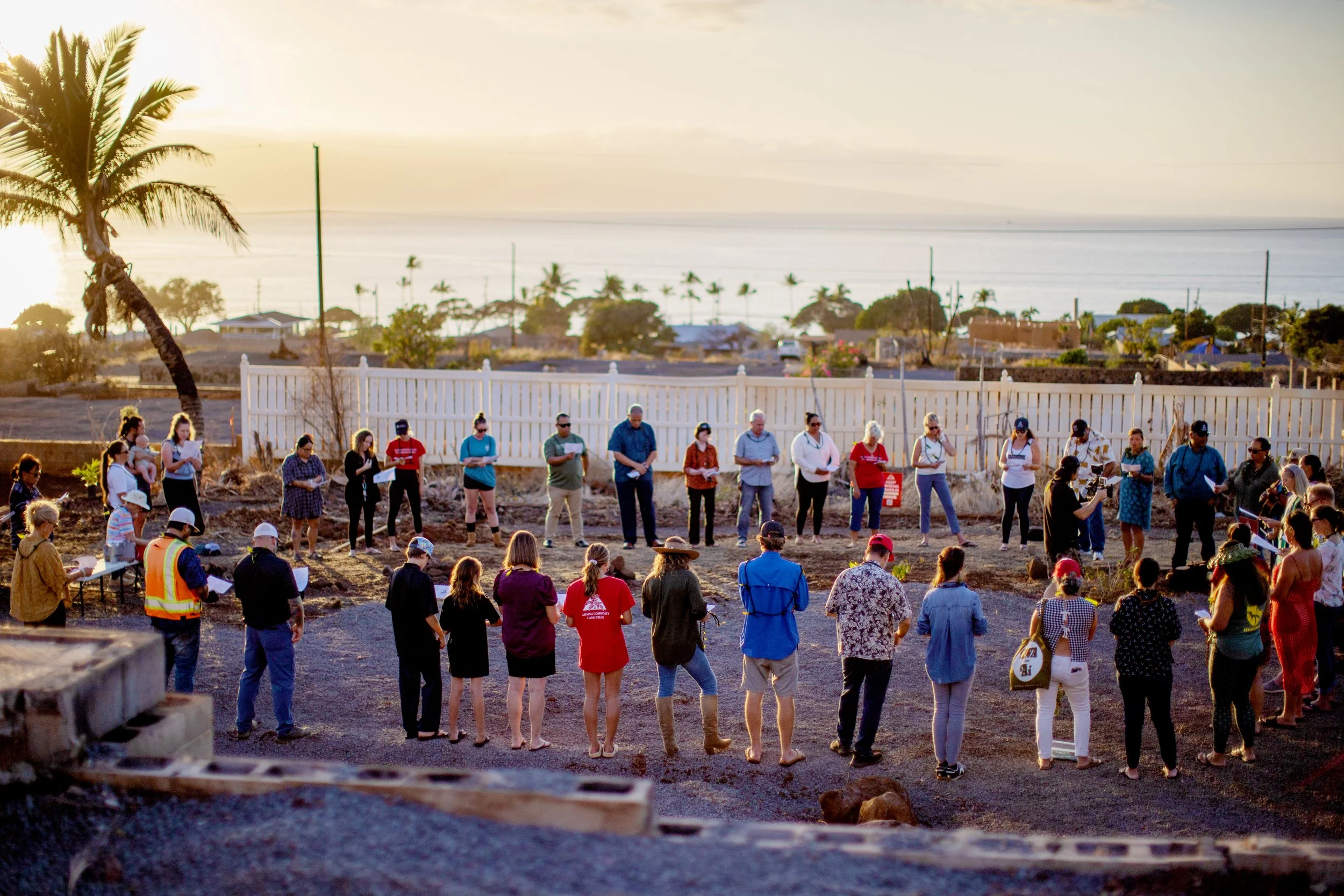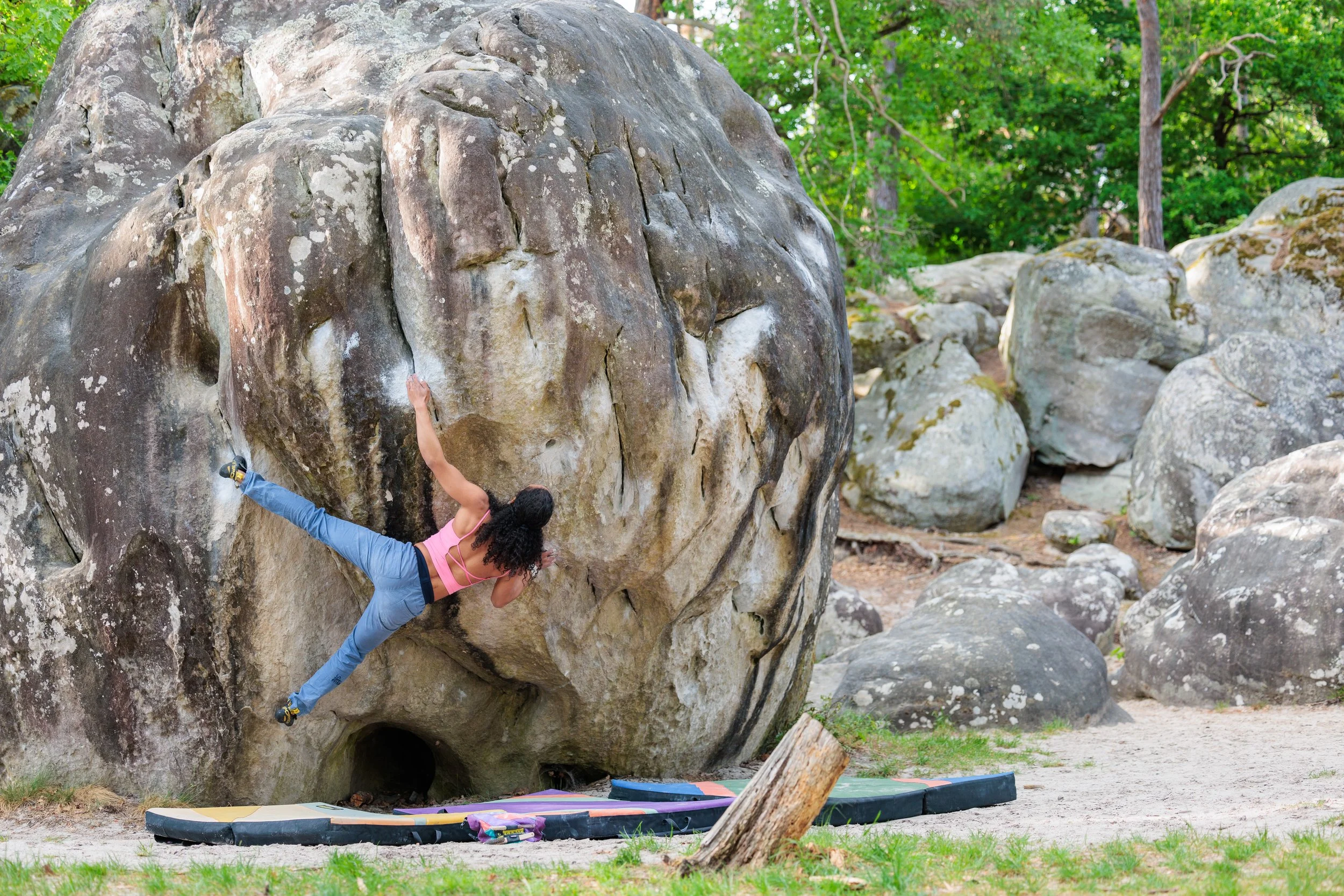7 Things to Do Before You Quit Your Job to Climb Full Time
The author climbing in New Jack City, CA. Photo courtesy of Luke Counterman
I spent the better half of 2018 living on the road and climbing throughout the United States and Canada. I’m not some pro climber. I don’t climb 5.13, 5.12 or 5.11. I’m just a regular guy who’s really stoked about the outdoors. The day I drove away from the comfortable life I knew with everything I owned packed in my Subaru was both the most exciting and scariest day of my life.
My car and home in front of Grand Teton National Park, WY.
My anxiety was unnerving and I questioned my preparation and decision. I didn’t know exactly where I wanted to go and I didn’t have any climbing partners lined up. Nonetheless, I quit my job, sold all my furniture, and left my friends and the place I called home for the unknown.
While I didn’t know it at the time, it was the start of the most incredible journey of my life. I traversed glaciers in the Eastern Sierras, tagged jagged summits in the North Cascades and climbed proud desert towers in 100-degree heat. I met inspiring people from all different walks of life, and learned more about myself than I ever thought possible. And none of it would have happened without that scary leap into the unknown, a jump that almost didn’t happen. A decision I wouldn’t take back one bit.
So if you’re thinking about leaving your desk job and getting on the road for a few months (or even a few years) here are a few things I recommend you do first.
1. Write down your ‘why.’
Taking off and being on the road will grant you freedom like no other, but I’ll let you know now, it’s not all sunshine and rainbows. You will, without a doubt, encounter tough times. Your journey will challenge you psychologically. Loneliness and self-doubt may sink in. But what I’ve learned is that the best way to combat the hard times is to find a way to remind yourself of why you embarked on this journey in the first place. To challenge yourself? To gain life experience? To see places you’ve only ever dreamed of? It can be easy to forget your motivation when you’re alone in a desert shivering in your sleeping bag in below freezing temps, but seeing your own ‘why’ written down in a journal can be a saving grace. Your own words and beliefs are your best guide. They provide clarity and confidence in the most challenging moments.
Campsite outside of Flagstaff, AZ.
2. Ignore the naysayers
This is about you, not about anyone else. People may think you’re crazy. You can’t control what other people think. Ultimately this is your life and your decision. I still remember the moment I tried to explain why I was quitting my job to my traditional Filipino American relatives. It was not an easy conversation. Don’t let other people’s views dictate what you want to achieve. For everyone who looks at you with judgment or disapproval, just know that there is a whole community of people who believe in you.
3. Organize your ‘logistics’ i.e. money
As glorious as life on the road may seem, the harsh reality is that there is still life logistics involved. I’m not talking about where you’re going to eat and sleep each night—that you can figure out as you go and is actually half the fun—*cough* BLM land and Walmart parking lots *cough.* I’m talking about the money to pay for all your expenses: for carrot sticks and hummus, for car insurance, and for that cold beer you deserve after you send your project. Planning may seem like a tedious waste of time but I can assure you, it’s not. If you can budget ahead of time, save up, plan, and take care of logistics before you take off, it will save you so much time and lessen anxiety.
Also while you’re at it, please, please PLEASE sign up for a healthcare plan. I was reluctant, due to the high expense of basic coverage coupled with the effort it took to actually navigate and understand our government’s healthcare marketplace—but I am so grateful I did. And if you won’t be working at all during your travels you may actually qualify for free coverage. As much as we don’t want to think about it, accidents can happen to us in the mountains. I can speak from personal experience.
“I met people from all diverse career backgrounds, from former petroleum engineers to computer programmers to chemists, who like me had similar aspirations.”
4. Talk to people who’ve done it
Climbing partner on the ridge of Bear Creek Spire, Eastern Sierras, CA.
Be curious. Ask questions. Before you make any big life changes, it’s always a smart idea in my book to talk to people who have lived through it. Quitting a job to live on the road is no exception. Before I set off, I talked to ordinary people who quit their day jobs to either travel or climb about their own experience, motivations, struggles and everything in between. It was incredibly refreshing and calmed a lot of the nerves I was experiencing at the time.
Talking to others also humanized the experience for me. This dream that I had built up in my head as unachievable, no longer felt out of reach. I met people from diverse career backgrounds, from former petroleum engineers to computer programmers to chemists, who like me had similar aspirations. Some went back to work in their respective fields after their travels. Others made a complete switch to something different. And some are still on the road. Everyone’s story was uniquely theirs.
5. Practice gratitude
So, I feel pretty damn privileged to have the means to take six months off of work while fulfilling a dream of mine. I did my best not to take it for granted. Even so, I’ve always felt very grateful to have been given the opportunity. I feel grateful to even have climbing in my life because it’s not a cheap sport. I encourage you to do small things from time to time to check your own self awareness and your attitudes towards others. It will not only elicit more positive emotions but can relieve the stress and tension of a potential significant life change. Things can be as simple as journaling for a few minutes, smiling more and noticing the beauty of nature each day.
New climbing friends on the top of Monkey Face, Smith Rock OR.
6. Don’t wait for the perfect time
There will never be a perfect time. If you’re serious about it, don’t make excuses for yourself. I remember thinking that I needed to be a stronger climber first, or that maybe I should’ve saved up more money first or maybe next year would be a better year. Part of the process is trusting ourselves. Be in the moment. Nothing in life is ever promised, so there is no time like the present to take action.
7. Listen to your gut
Change is scary. It’s intimidating. It’s like being runout way above your last piece of protection just as your arms start to shake with fatigue. But we get through it and we learn from our experience.
For me, living on the road isn’t something that popped into my head one day before I quit my job the next. It’s something that I thought about for a long time. The decision ached at me and despite my fears my gut told me what was right. I wanted to try even though failure was a possibility. To me, trying was a lot better than living the rest of my life thinking, “what if?” But life on the road isn’t for everyone, so do what you think is right for you at this point in your life.
I wish you the best on your adventures whatever they may be. The beauty of it all is that you’re in control of your own story.
I’m always happy to share more details of my experience so if you have any questions feel free to ask in the comments or share some of your own experiences.















I also know that hunger disproportionately impacts Black Americans who make up nearly 30% of SNAP recipients. So why would I celebrate cuts to a program that is a lifeline for so many people?